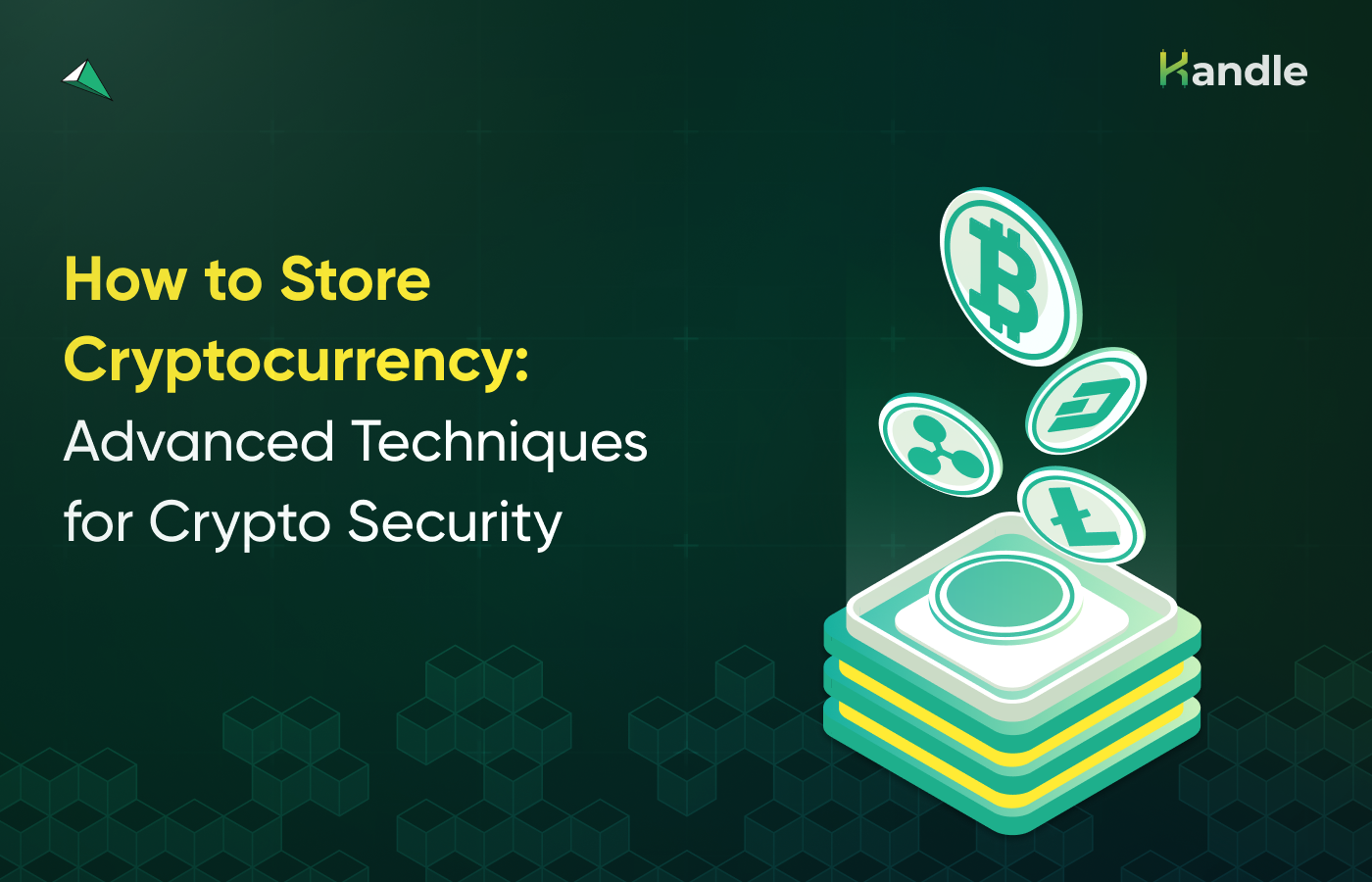Introduction
In the exciting world of cryptocurrencies, one of the most important things you need to learn is how to store your digital assets securely. Just like you would protect your physical wallet, it’s essential to safeguard your cryptocurrencies from potential risks. Cryptocurrency storage security is essential for anyone who owns cryptocurrencies. There are a number of different ways to store cryptocurrency, each with its own level of security and convenience. In this article about crypto storage security, we’ll explore simple and effective ways to store your cryptocurrencies and the security measures to keep your digital assets safe.
Understanding Crypto Currency Wallets
Choose a Reliable Wallet
A cryptocurrency wallet is a digital tool that allows you to store, send, and receive your digital currencies. There are different types of wallets available, each with its own level of security and convenience. Let’s explore two common types:
- Hardware Wallets: Hardware wallets are physical devices designed specifically for storing cryptocurrencies. They resemble a USB stick and offer an excellent level of security. To use a hardware wallet, you simply connect it to your computer or mobile device when you need to manage your cryptocurrencies. When disconnected, your digital assets remain safely stored offline, protecting them from online threats. Hardware wallets are considered to be the most secure way to store cryptocurrency. They are physical devices that store your private keys offline, making them inaccessible to hackers.
- Software Wallets: Software wallets are applications or software programs that you install on your computer or smartphone. These wallets can be further divided into two categories:
- Desktop Wallets: Installed on your computer, desktop wallets give you complete control over your private keys and offer a higher level of security compared to online wallets. Examples include Exodus and Electrum.
- Mobile Wallets: Installed on your smartphone, mobile wallets are convenient and allow you to access your cryptocurrencies on the go. They can be less secure than hardware or desktop wallets due to potential vulnerabilities in mobile operating systems. Examples include Trust Wallet and Coinbase Wallet.
Understanding Public and Private Keys
Cryptocurrencies rely on public and private keys for transactions and security. Public keys act as your wallet address, enabling others to send cryptocurrencies to you. On the other hand, private keys are like a secret password that grants access to your wallet and should be kept confidential.
It is crucial to backup and store your private keys securely. Losing your private keys could result in permanent loss of your cryptocurrencies. Hardware wallets usually generate and store private keys safely offline, while software wallets often provide you with a recovery phrase, known as a seed phrase or mnemonic, to back up your wallet.
Enable Two-Factor Authentication (2FA)
An additional layer of security you should consider is enabling two-factor authentication (2FA). By setting up 2FA, you add an extra step for accessing your wallet, usually requiring a verification code sent to your mobile device. This feature helps protect your wallet even if someone gains access to your password.
Stay Vigilant against Phishing Attempts
In the digital world, there are individuals who try to trick you into revealing your private information, such as passwords or private keys. This practice is known as phishing. To avoid falling victim to phishing attempts, remember to:
- Never share your private keys or recovery phrases with anyone.
- Be cautious when clicking on links or downloading files related to your cryptocurrencies, especially from unfamiliar sources.
- Verify the authenticity of the websites you visit, double-checking the URL and ensuring you’re on the official site.
Regularly Update Your Wallet Software
To keep your cryptocurrencies secure, make sure to update your wallet software regularly. Developers often release updates that patch security vulnerabilities or enhance the overall security of the wallet. By staying up to date, you benefit from the latest security features and improvements.
Conclusion
As you venture into the world of cryptocurrencies, remember that storing your digital assets securely is of utmost importance. Choose a reliable wallet that suits your needs, safeguard your private keys, enable two-factor authentication, stay vigilant against phishing attempts, and keep your wallet software up to date. By following these simple steps, you’ll be all set for safely storing your cryptocurrencies and enjoying the exciting world of crypto.
Remember, the crypto market can be volatile, so always do your research and invest responsibly. Happy trading and good luck with your crypto fantasy league adventures!





